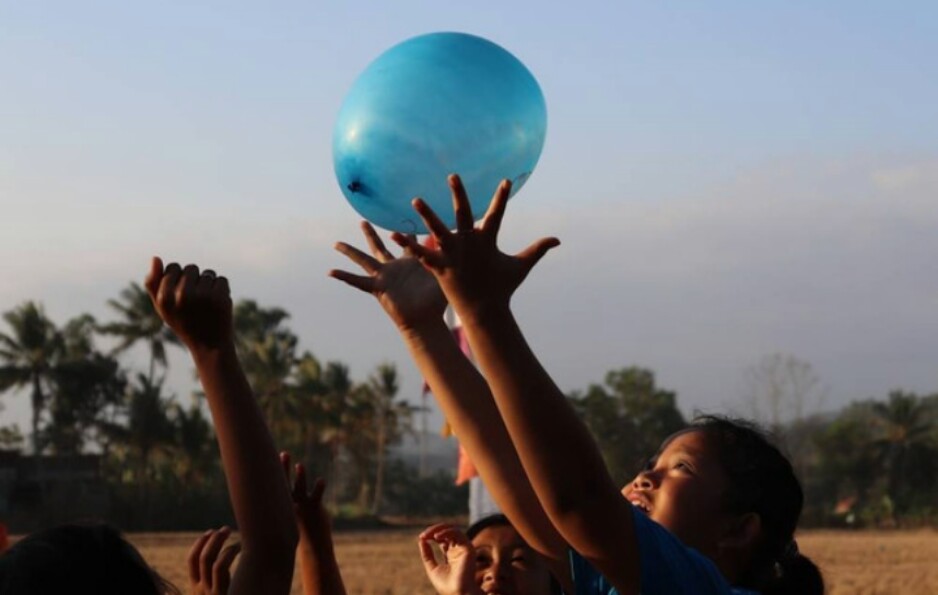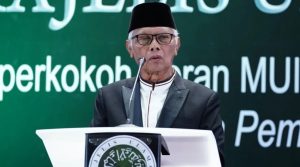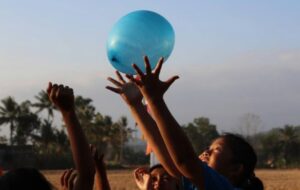Every year on July 23rd, Indonesia celebrates National Children’s Day as an important moment to campaign for the fulfillment of children’s rights to live, grow, develop, and meaningfully, in accordance with their human dignity, and to be protected from violence and discrimination.
Child protection is a crucial aspect in Islam, emphasizing the importance of safeguarding children from conception to adulthood. Islamic teachings encompass various aspects of children’s lives, including their rights to life, education, health, affection, and protection from all forms of violence and exploitation.
Right to Life and Protection from Violence
Islam teaches that every child has the right to life and must be protected from all forms of violence. In the Quran, Allah Subhanahu wata’ala emphasizes the importance of respecting and protecting the lives of every individual, including children:
Also Read: The Forty-Four-Days of Glory: Azerbaijan’s Struggle for Justice and Peace
“And don’t kill your children for fear of poverty. We provide for them and for you. Indeed, their killing is a great sin.” (Quran, Al-Isra: 31)
This verse strongly prohibits the killing of children, often done due to economic reasons or fear of poverty.
Right to Education
Education is a fundamental right recognized in Islam. Prophet Muhammad shalallahu alaihi wasallam stressed the importance of education for every Muslim, both male and female:
Also Read: Palestine Solidarity Month: A Collective Movement for Al-Aqsa and Palestine’s Freedom
“Seeking knowledge is a duty upon every Muslim.” (Hadith, Ibn Majah)
Islamic education encompasses not only worldly knowledge but also religious teachings that guide children in living according to Islamic principles.
Affection and Care
Affection and care are crucial aspects of child protection. Prophet Muhammad exemplified compassion towards children by kissing, hugging, and playing with them, highlighting the integral role of affection in Islamic upbringing.
Also Read: Hassan al-Turabi: A Controversial Thinker from Sudan
“The merciful are shown mercy by the Most Merciful. Be merciful on earth, and you will be shown mercy from above.” (Hadith, Abu Dawud)
Protection from Exploitation and Discrimination
Islam teaches that every child should be protected from exploitation and discrimination. Children must not be forced to work in conditions harmful to their health and safety, and they should be treated fairly regardless of gender, social status, or background.
“Indeed, those who devour the property of orphans are unjustly consumed into their bellies fire. And they will be burned in a Blaze.” (Quran, An-Nisa: 10)
Also Read: Who Exactly is the RSF Group Shaking Sudan?
This verse underscores the prohibition of exploiting children and emphasizes protecting their rights.
Right to Health
Children also have the right to receive adequate healthcare. Islam emphasizes the importance of maintaining health and cleanliness as part of faith. Parents are responsible for ensuring their children receive necessary healthcare to grow up healthy and strong.
“Let those [executors and guardians] fear [injustice] as if they [themselves] had left weak offspring behind and feared for them. So let them fear Allah and speak words of appropriate justice.” (Quran, An-Nisa: 9)
Also Read: The Two-State Solution (Palestine–Israel) in Historical Perspective
Child protection in the Islamic perspective covers various interconnected aspects of life. By following Islamic teachings, Muslims are expected to provide optimal protection for children, enabling them to grow into morally upright individuals who contribute positively to society. (T/RE1/P2)
Mi’raj News Agency (MINA)
Also Read: Enchanted by K-Dramas, Dragged into Slander: Time for Muslims to Rise!

































 Mina Indonesia
Mina Indonesia Mina Arabic
Mina Arabic